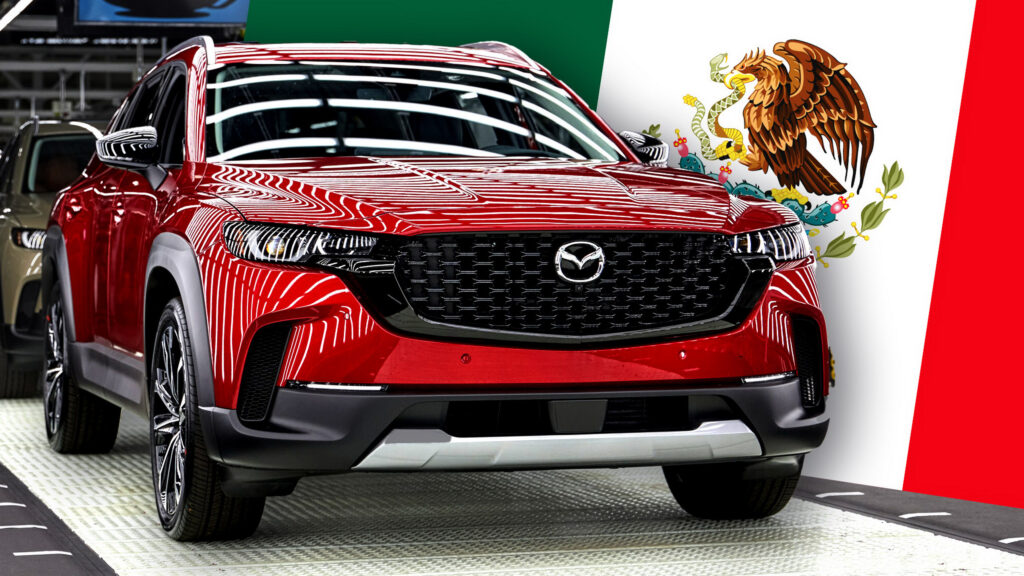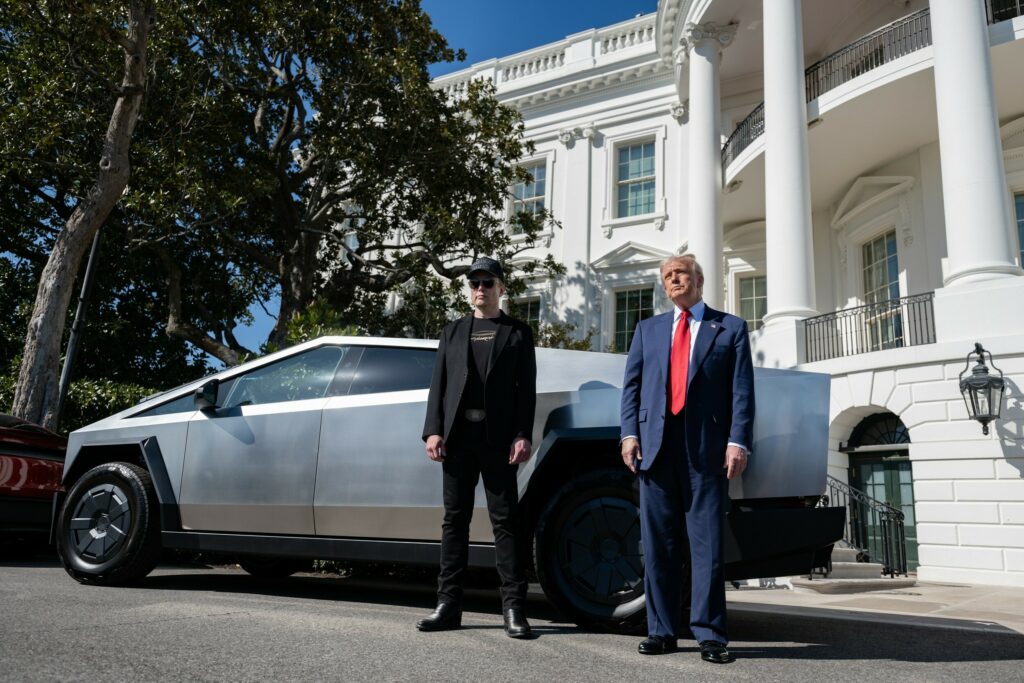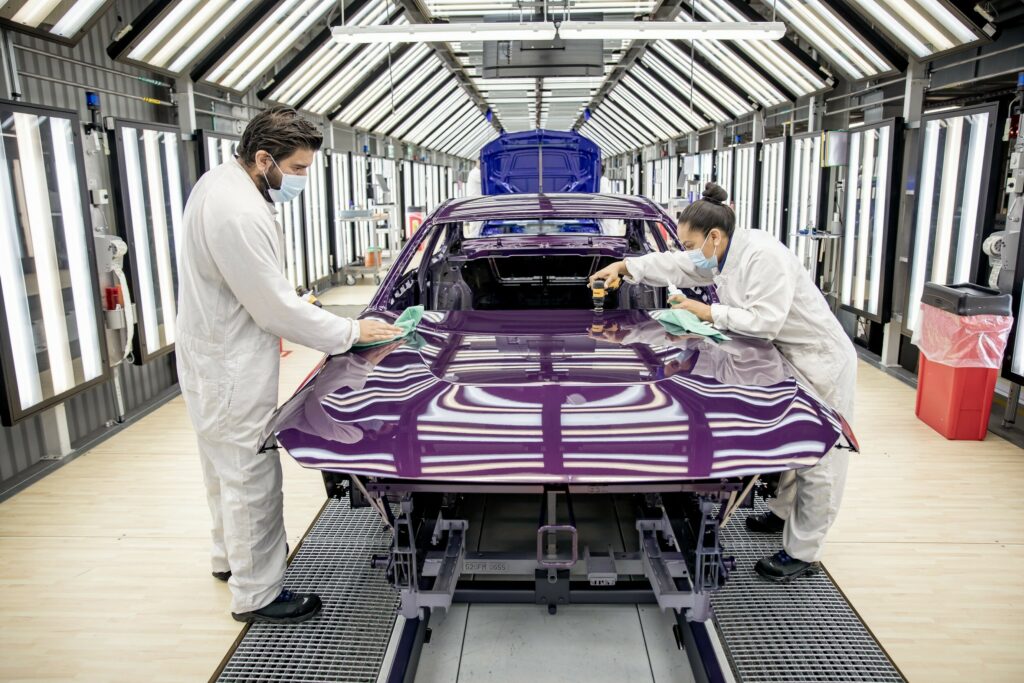President Trump has granted an exemption for USMCA-compliant parts from Mexico and Canada under revised auto tariffs
May 6, 2025 at 06:12

- Mexico is pleased that USMCA-compliant parts are exempt from 25% duties under new rules.
- Suppliers can apply for a two-year offset to counter parts tariffs under updated regulations.
- The parts exemption does not apply to cars produced internationally and then imported.
In the weeks following the Trump administration’s tariff announcements, which sent global economies into turmoil, several amendments have been made to the policy, giving certain industries a much-needed break. Among the beneficiaries are automotive parts suppliers from Canada and Mexico, who can now qualify for exemptions. Had this adjustment not been made, it could have further destabilized the industry.
Under the updated tariff system, parts that meet the requirements of the United States-Mexico-Canada Agreement (USMCA) are spared from the 25% duty slapped on most other components. This is a shift from Trump’s earlier suggestion that non-US parts would eventually face the same 25% tariff. Now, it’s confirmed that the current 0% duties on compliant parts will stay put – for now, at least.
Read: Trump’s Tariffs Set To Cut Global Production By 1.5M Vehicles
According to Bloomberg, changes finalized earlier this week allow companies in the auto industry to apply for tariff offsets on parts for up to two years. This policy gives them some breathing room to relocate parts production to the US. The biggest winner here is Mexico, which is by far the largest source of auto parts imports into the United States, followed by Canada.
Mexico seems pleased with the USMCA exemption. President Claudia Sheinbaum called it “good news” adding that she continues to work together with President Trump and “keeps getting better conditions compared to what the situation was previously.”

“There’s a preferential treatment for everything that is produced within the trade agreement, and in particular for auto parts, which have zero tariffs,” she added.
Meanwhile, President Trump is still imposing a 25% tariff on imported vehicles, part of his strategy to force car manufacturers into ramping up production in the US. While some brands have committed to expanding their US production, experts predict that the price of both new and used vehicles will rise across the country as dealers work through pre-tariff inventory.


